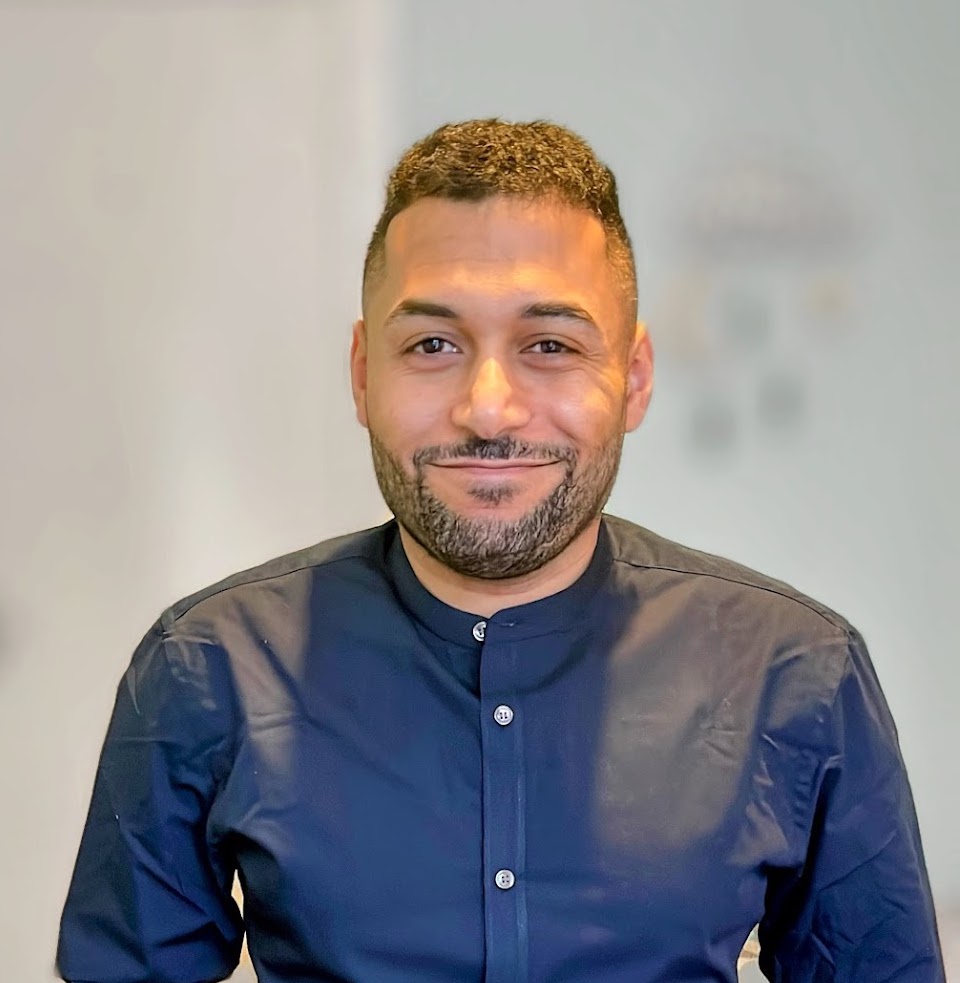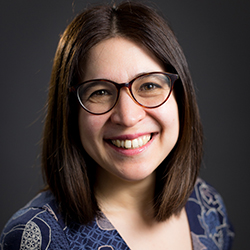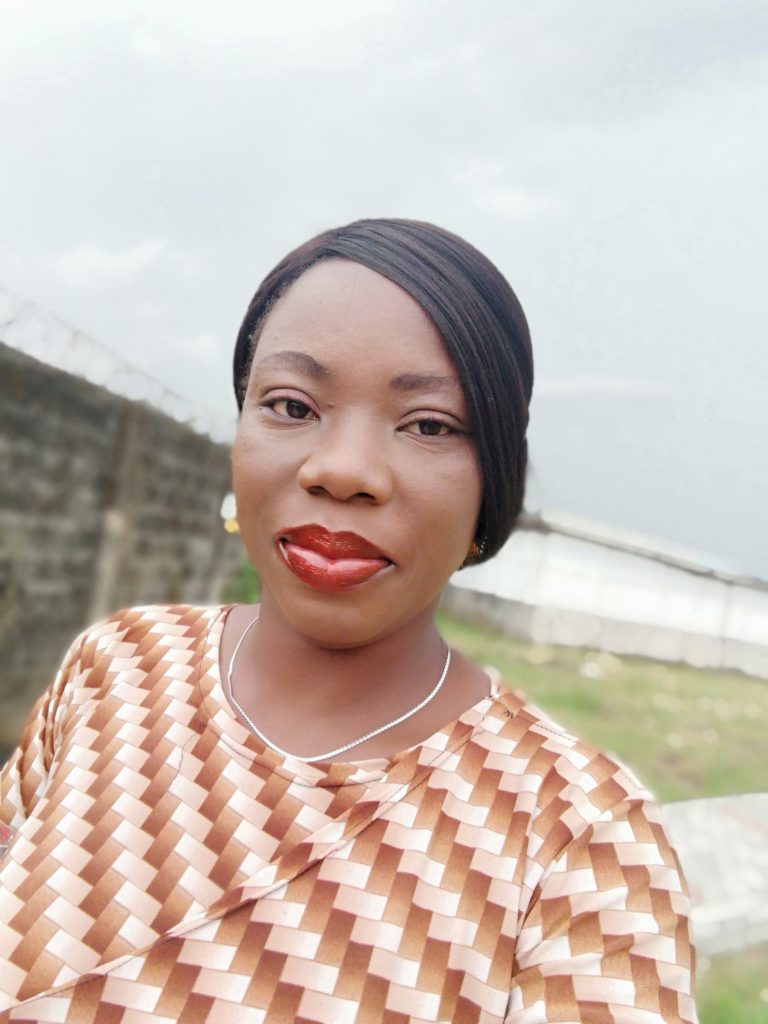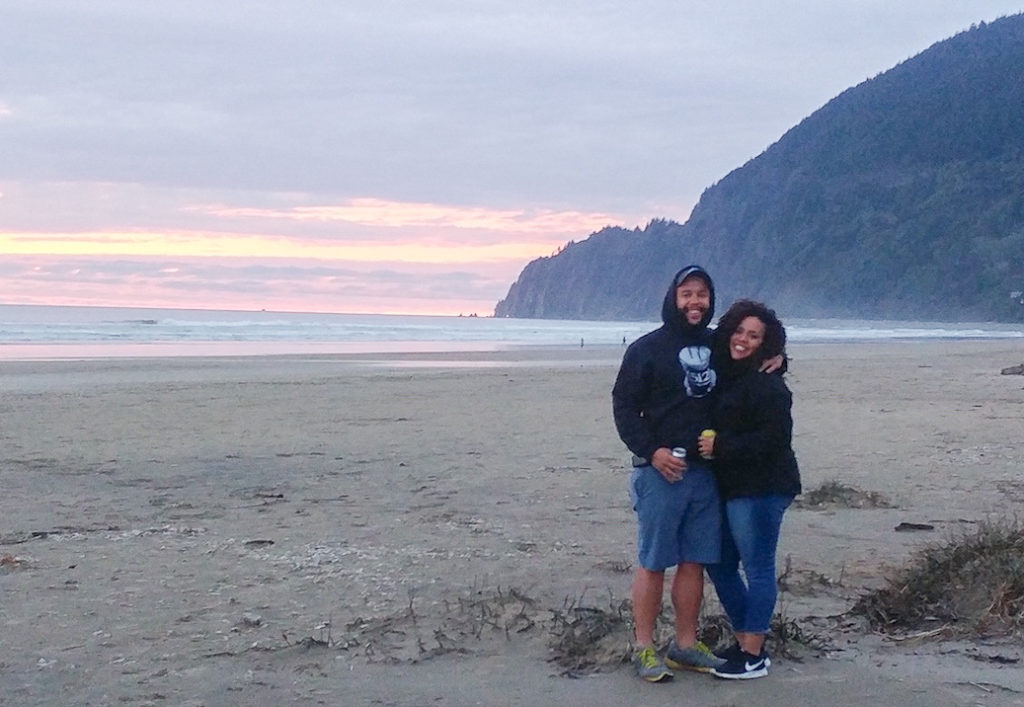Q&A with Iwen Su of Scoot Science
Note: The Global Seafood Alliance spotlights various members dedicated to GSA’s mission of responsible seafood. Membership starts at only $50 for individuals and $5,000 for businesses. Start utilizing our extensive benefits. Featured this month is Iwen Su of Scoot Science.
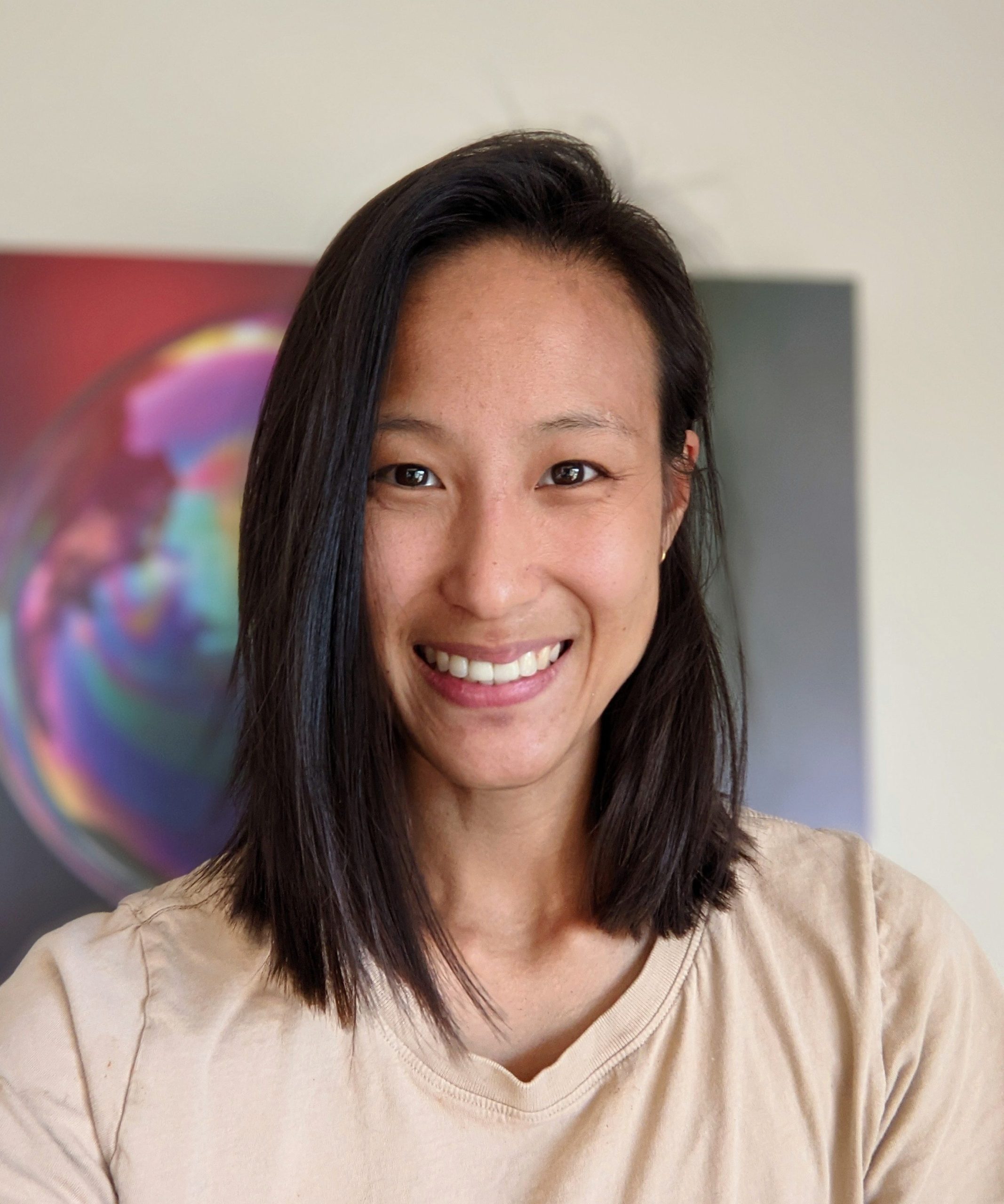 Tell us a little bit about your background – what was a pivotal moment in your life that helped you decide on your career path?
Tell us a little bit about your background – what was a pivotal moment in your life that helped you decide on your career path?
In undergrad, I majored in marine biology, but it wasn’t until my time in Madagascar that I truly felt passionate about the career path I had started down. I flew to southwestern Madagascar after graduation to conduct underwater coral reef surveys for 3 months as part of an NGO volunteer program. Besides getting up at 4 am several times a week to dive, I also had the opportunity to assist the local fisheries team’s survey effort. I was fascinated by the complex relationship between the fisheries management body and those who were harvesting the ocean’s marine food resource. This led me to pursue fisheries field work back at home in California. After about 2 years of fisheries field work, I realized that the issues that interested me the most involved understanding the human elements – combining my scientific background with marine resource economics and policy.
What would you recommend for students wanting to pursue a similar career?
The best and most unsatisfying advice I have ever gotten was that, it comes down to who you know. That was a tough answer for me to hear at the time, because I didn’t know anyone. From there, I began networking one person at a time – either cold emailing, nurturing coincidental connections, or volunteering for local non-profits doing work in the ocean space. Meeting in person or chatting over the phone always turned out to be a lot more productive and natural. Most people were very willing to talk about their work especially if there are no strings attached to the conversation. In addition to developing a better understand of the field I was pursuing, this process also strengthened my ability to be resourceful and synthesize expert knowledge – a huge asset for the work I’m currently doing at Scoot around customer discovery and product development.
I also looked at many resumes of people who had cool fisheries/ocean jobs that represented what I thought was my dream job at the time and looked to see what were the most common, tangible skill sets they had. I set out to develop those skill sets by teaching myself and taking online courses. Ultimately I decided I wanted to go back to school once I had a better idea of the skill sets and experience I thought were necessary to achieve my career goals. While in graduate school, the very introductory, self-taught knowledge I had in scientific programming helped me secure a part-time internship doing data science management of ocean, ecological, and environmental data. This professional work experience made me realize that I could be really good at this and I seemed to really enjoy it. I decided to see where that would take me. Where I am now is not necessarily where I had envisioned myself 8 years ago, but I wouldn’t have it any other way.
My suggestion is to not be discouraged and to increase your visibility/profile as much as you can in the space you are interested in. Make yourself available for potential opportunities by leading with your curiosity, not your need for a job. Many of the avenues I went down – picking people’s brains or getting my Divemaster’s certification – did not directly contribute to where I am today. But it just takes that one person, mentor, or moment that can propel you in the right direction. Sometimes, it’s a direction you didn’t know you wanted.
Why did you join GSA?
To support and stay up to date on aquaculture research, sustainability developments, and events. It is incredibly helpful to have a central trusted source. I also really enjoy the educational materials that GSA puts out, especially the Aquademia podcast – it provides a rare window into the actual day to day and initiatives of the seafood industry.
What about responsible seafood motivates you most?
Not many people outside of the industry know where their seafood comes from or know how to use their purchasing power to support sustainable seafood. I am excited about a future where we can put a face and story next to the farmers and fishers who are providing seafood for us. It is not an easy job, but I see many of them constantly trying new things and collaborating with other sectors (feed, academia, government, each other) to adapt to the changing oceans. It is very motivating. The seafood industry is already paving the path for sustainable development, but to scale new innovations across the entire sector, we need to make traditional financing tools available to them. There are investors who want to fund sustainable seafood and businesses who need funding for transitions into sustainable operations. However, the missing piece for those transactions to scale involves specialized expertise. That’s the intersection where I and the team at Scoot Science are working hard to support the sector.
Where is the most interesting place you’ve traveled to?
Probably southwestern rural Madagascar. I was taken aback by how jovial and welcoming the locals were, despite being in the poorest region of a very poor country. One hot day in fall 2013, I was walking into the village to buy some biscuits and instantly regretted my decision to go barefoot. I could sense the villagers chuckling at the way I tenderly hopped across the scorching sand, as they sat in the shade cooling off. I’m sure I looked absolutely ridiculous. As I passed them, one of the ladies got up from her wooden chair and extended her hand out to offer me her sandals. No words were exchanged, just smiles. I am still unable to forget that small act of kindness.
Thanks for being a member, Iwen!

